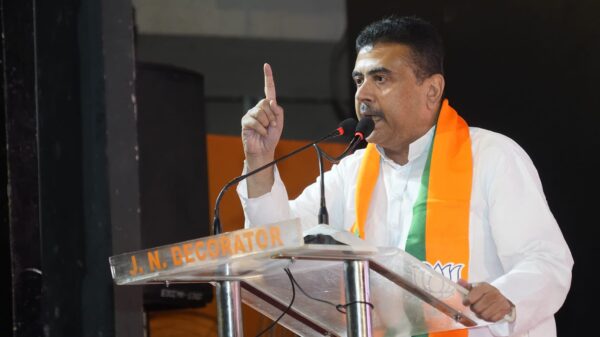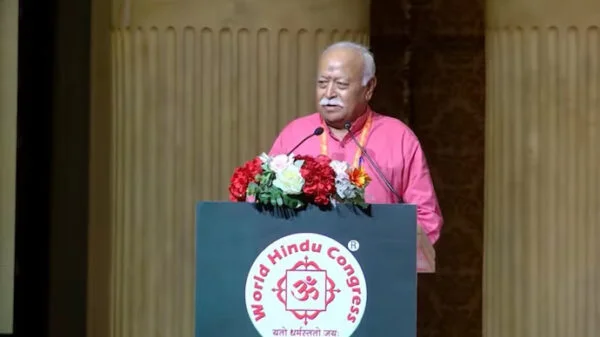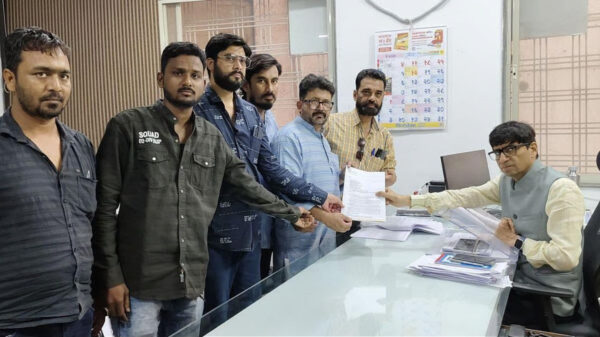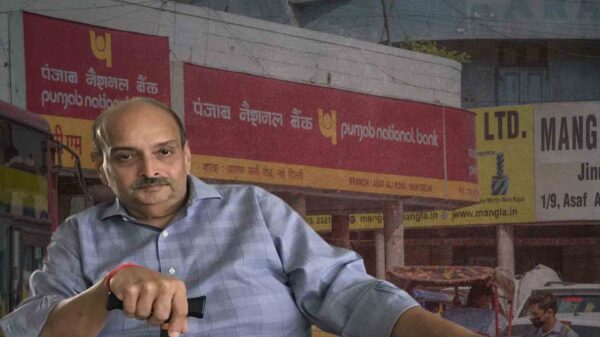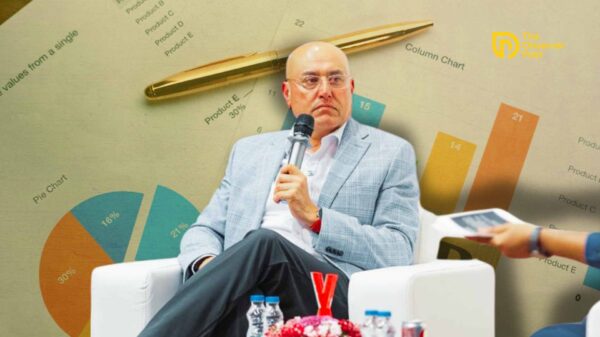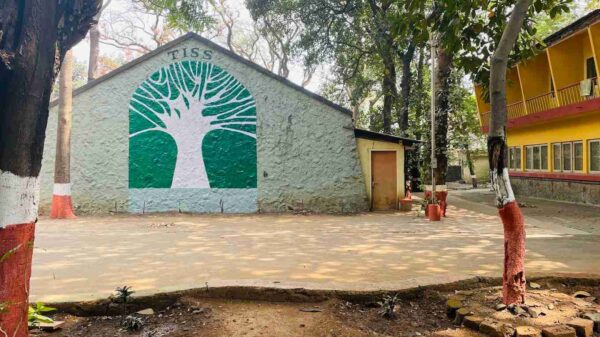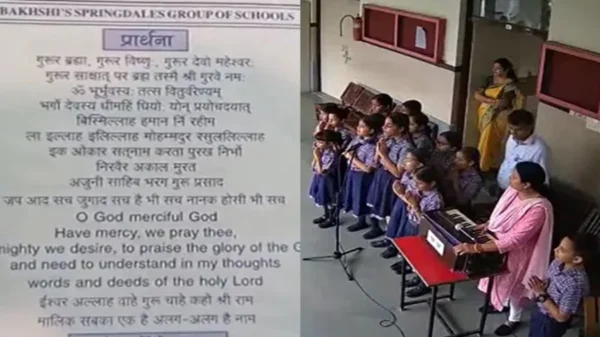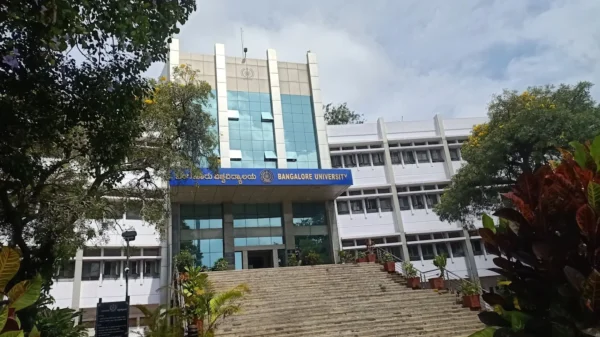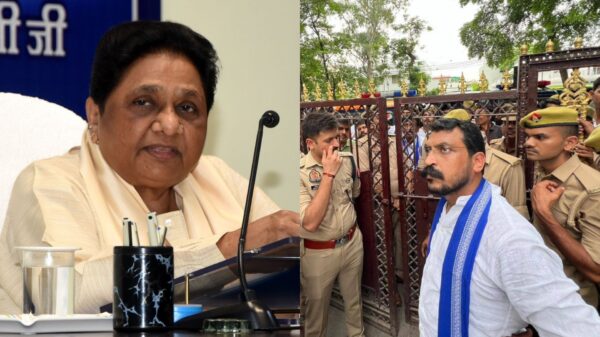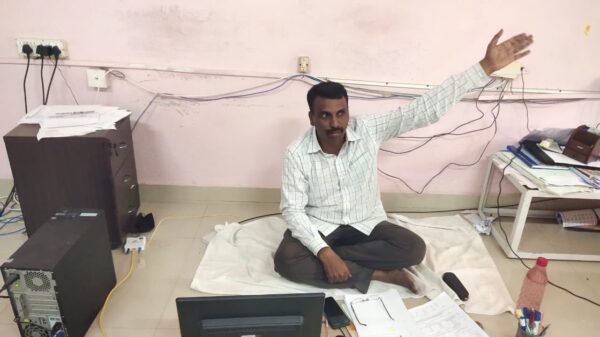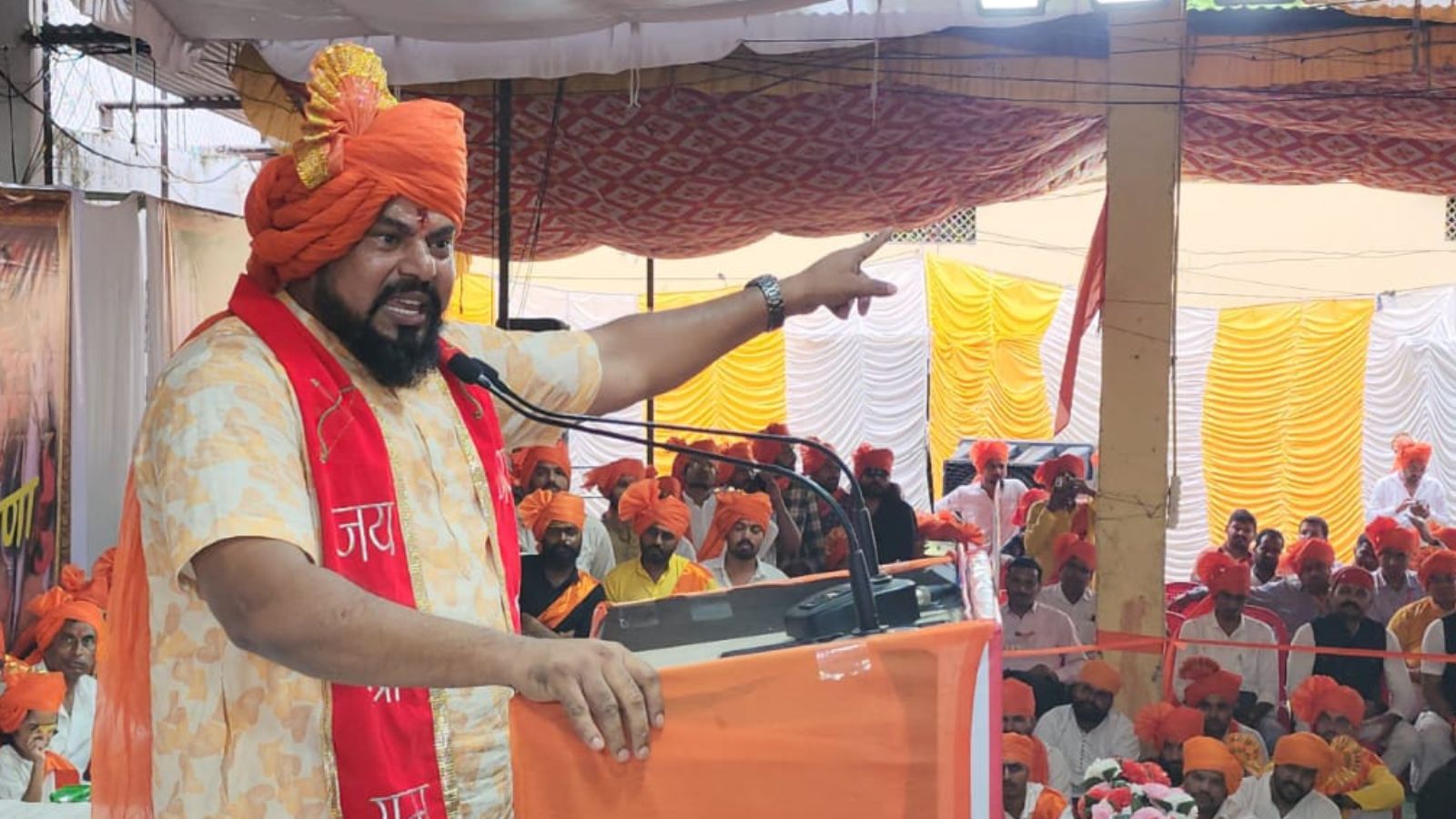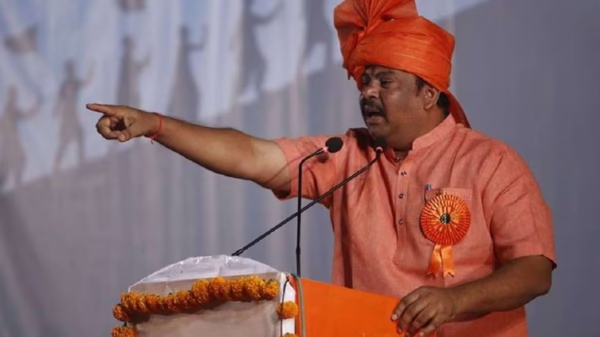Telangana BJP MLA T. Raja Singh has stirred controversy with his comments about the Ayyappa devotees travelling to Kerala’s Sabarimala temple. On Friday, Singh urged devotees to avoid visiting mosques during their pilgrimage.
Speaking to reporters, he said, “Devotees should strictly follow the rules of Ayyappa Diksha. If they visit a mosque (Vavar), they will become impure.”
Singh, who represents the Goshamahal constituency, further claimed, “It’s a conspiracy to force devotees to go to mosques.” He also appealed to the Chief Ministers of Telangana and Andhra Pradesh, K. Chandrashekar Rao and N. Chandrababu Naidu, asking them to write to the Kerala government to allocate 10 acres of land for shelters for the devotees.
Meanwhile, Kerala has been witnessing intense debates over temple rituals. Kerala Chief Minister Pinarayi Vijayan recently supported the idea of abolishing the tradition of men removing their clothes in temples. M. V. Govindan, Secretary of the Kerala unit of the Marxist Communist Party (CPI(M)), criticized G. Sukumaran Nair, the General Secretary of the Nair Service Society (NSS), for opposing changes to ancient temple practices.
Govindan said during the CPI(M) Kottayam district conference on January 4, 2025, “Sukumaran Nair should remember that the founder of NSS, Mannathu Padmanabhan, fought against outdated customs and emerged as a great social reformer.” He said that Padmanabhan had always supported progressive values and fought for the rights of Dalits while leading the community organization.
Nair had criticized Chief Minister Vijayan’s support for Swami Sachidananda’s statement that temples should allow male devotees to wear shirts, ending the tradition of disrobing. Nair responded by challenging the Chief Minister, saying, “If Vijayan has the courage, let him attack the practices of other religions.”
Meanwhile, Akkiraman Kalidasan Bhattathiripad, President of the Kerala Yogakshema Sabha, supported NSS’s stance and said, “Decisions about temple rituals and practices should be made by the priests and those associated with the worship places.”






